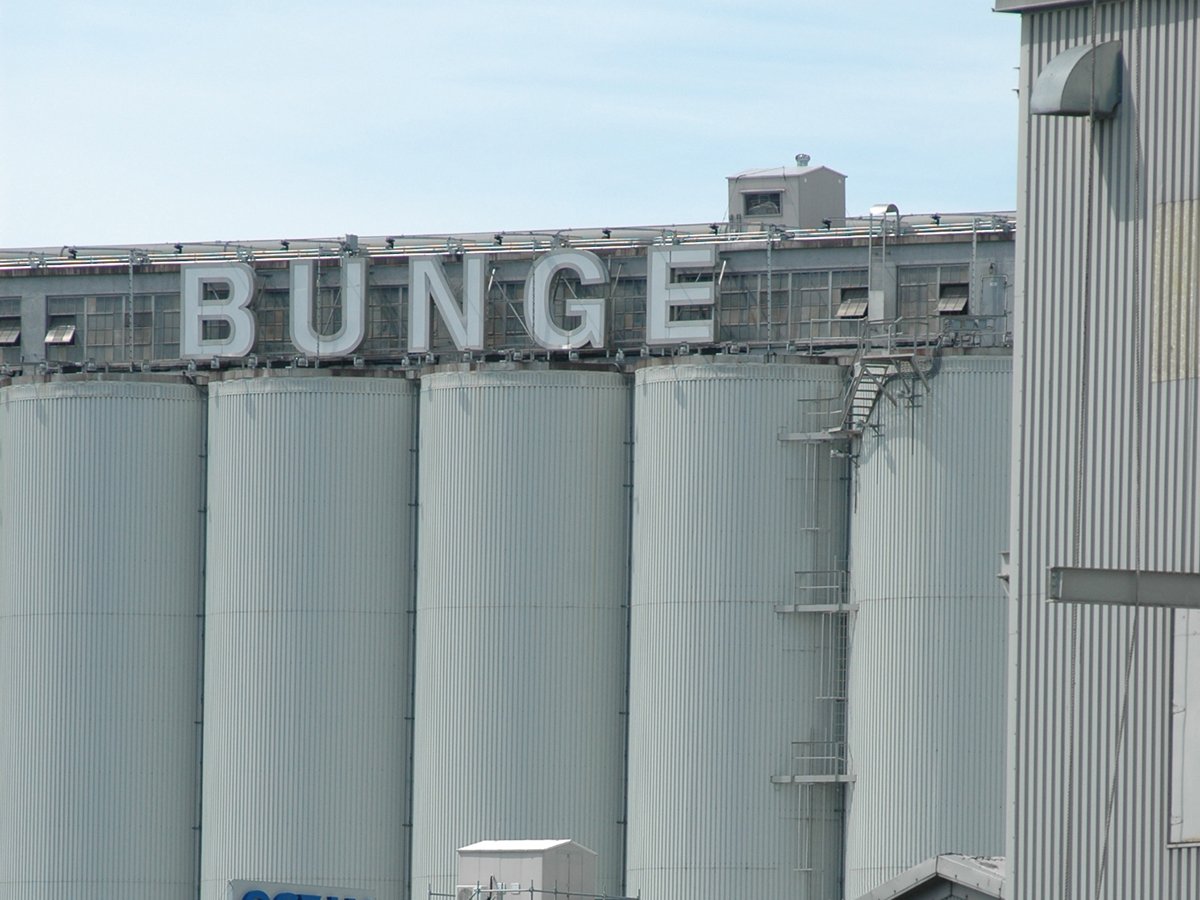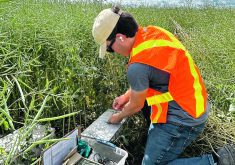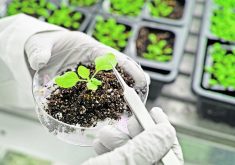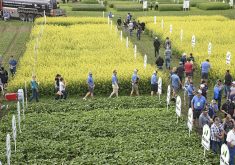STONELEIGH PARK, U.K. — When voters in the United Kingdom went to the polls in June to decide whether they wanted to stay in the European Union, many thought people would opt for the comfort of the status quo.
“The expectation from everybody was that it would be close but that it would be remain,” said Minette Batters, deputy president of the National Farmers Union, which represents 55,000 farmers in Wales and England.
“There was no expectation that it would be to leave, so I went to bed absolutely expecting to wake up in the morning and see that we had voted to remain.”
Read Also

Bunge’s crop mix is changing
Bunge has predominantly been a soybean processing firm, but that’s about to change after the merger with Viterra with softseed processing and grain merchandising gaining ground.
It was a close vote at 51.9 percent in favour of leaving. Now the consequences of exiting the 40-year-old relationship are under consideration.
“The vast majority of farmers have not known life as an independent nation,” Batters said.
Related stories in this Special Report:
- After Brexit: how the United Kingdom is coping with a new trade landscape
- Irish farmers worry about loss of U.K. market
- Uncertainty reigns in Scotland as Brexit looms
They want to know how they can survive without the safety net of the EU.
“There is a lot of concern among farmers that we will be the sacrificial lamb if we don’t have a deal with Europe and we go to WTO default,” she said.
Default could mean reverting to the World Trade Organization’s established tariffs, which are particularly punishing for the livestock sector.
Batters raises 300 head of pedigreed and commercial beef cattle as well as lamb.
Her lambs and calves could be ready for market just as the separation is final. A potential 51 percent tariff could be slapped on U.K. lamb exports to the EU, and she fears the industry would be priced out of the market, especially if products from lower cost producers enter the country.
“It all depends on the deal with Europe, and then we will be able to sign trade deals with countries that can produce food much cheaper than we can, and that is where the danger comes from,” she said.
Batters said subsidies have helped farmers prop up their farms, which has discouraged efficiency.
“If you look at the beef and sheep sector, where we have a lot of small family farms that are halfway up the hills, if you take away the subsidies they will cease to exist,” said Anna Farrell of the Agriculture and Horticulture Development Board.
The Conservative government has committed to continue farm support until 2020, but no one knows what to expect after that.
Organizations such as the NFU and the development board are creating farm business education programs to help producers stand on their own two feet in a world with no subsidies and tighter market access.
The NFU is membership driven while the development board is funded with producer levies and has an annual budget of about $96 million. Some of that money is going back into education and strategies.
Education strategy priorities:
- inspiring farmers to be more competitive and better able to withstand market shocks
- innovation, knowledge and research
- markets and exports
- knowing what consumers want
Farmers are also asked:
- Do you know your costs?
- How well do your business costs compare with your peers?
- What profit do you need ?
- Do you have a plan to cope if the direct payment was reduced?
- Do you have a risk management plan?
The development board was developing programs before the pivotal vote to show farmers the need to adopt new technology that results in profitability, said Susannah Bolton, the board’s knowledge exchange director.
One of the programs is the three-year-old Monitor Farm initiative to track the cost of production.
Thirty farmers volunteered as monitor farms to share their business information. The starting point is to benchmark finances under a single whole farm tool regardless of the commodity.
The farmer selects a steering group that could include neighbours, a bank manager and agronomist to help benchmark the business and discuss improvements.
“There are some interesting and very consistent messages,” she said.
“At first everybody focused on their variable costs, but where the real big differences can be made is around what we called fixed costs.”
Each farm has a web page, and three regional meetings are held so other farmers can hear what is being done.
Some of the findings were uncomfortable.
“There was some recognition for awhile that the place where farmers were really falling down was that they weren’t really recognizing themselves as businesses,” she said.
Too many considered farming a lifestyle and an obligation to keep a legacy going.
“Brexit sharpened the focus and gives us another reason for people to realize they are missing out, but actually this is something we recognized in our industry for quite some time,” said Bolton.
Taxpayer support to cover income deficiencies could be on the way out as government struggles to fund other social demands such as health care and education.
“Farms that have received subsidy over decades has meant the sense of responsibility for maintaining the business has been somewhat ignored because somebody else can pay to make sure that I can feed myself and my family,” she said.
Payments are calculated in euros, which meant farmers received a large payment this year because the pound sterling had weakened.
Commodity prices have generally been favourable and the payments are healthy, so it is hard for people to focus on making business management plans, said Peter Hardwick of the development board.
“The ones that are keen to improve are the ones that are already quite good and understand that they can get better,” he said.
The subsidy is similar to a deficiency payment, and as a result U.K. agriculture is not as competitive as it should be.
“Some people think that Brexit might be positive,” he said.
Older farmers may decide to exit the business and turn it over to the next generation.
“Maybe land would be freed up for younger farmers who would be prepared to take on the full economic risk of that activity,” said Hardwick.















